As we continue our shadow work journey, Week 3 is about diving deep into the process of identifying your shadow. This is where things start to get real. We all carry hidden traits, emotions, and desires that we've suppressed over the years. While these traits remain in the dark, they influence our behavior in ways we often don’t realize. Shadow work helps us bring these hidden parts of ourselves into the light, so we can better understand and control how they impact our daily lives—especially as fathers.
Carl Jung famously said, “Everyone carries a shadow, and the less it is embodied in the individual's conscious life, the blacker and denser it is.” In other words, the more we ignore or deny our shadow, the more it controls us.
What is the Shadow?
The shadow is the part of ourselves we repress, hide, or deny—those thoughts, behaviors, and feelings we don’t want others (or even ourselves) to see. But ignoring these traits doesn’t make them disappear. Instead, they influence our actions in subtle but powerful ways. For example, a man who suppresses his anger may not lash out directly but may become passive-aggressive or coldly detached when he's frustrated. A father who denies his own fear of failure might unconsciously pressure his children to be perfect.
How to Identify Your Shadow
Identifying your shadow is not an easy process. It requires deep self-reflection and honesty. Often, the traits you deny in yourself are the ones you judge most harshly in others. For example, if you're easily irritated by someone’s laziness, it may be because you’ve suppressed your own need for rest or your own feelings of laziness.
Here are a few ways to start identifying your shadow:
-
Notice Your Emotional Triggers: When someone or something triggers a strong emotional response, it’s often because it’s touching on a part of your shadow. Do you find yourself getting unusually angry, jealous, or defensive? These emotions can offer clues about what you’ve been suppressing.
-
Look for Recurring Patterns: Are there certain situations in your life where you consistently feel frustrated, stuck, or unhappy? These recurring patterns might indicate that your shadow is at play. If you’re constantly clashing with your children or spouse, for example, it could be because unresolved shadow traits are influencing how you respond to them.
-
Pay Attention to Projection: We often project our own unacknowledged traits onto others. If you’re quick to judge someone for being weak, overly emotional, or irresponsible, it may be that you’re unconsciously seeing a reflection of those traits in yourself.
Thought Questions
To help you begin recognizing your shadow, ask yourself these questions:
-
"What qualities in other people trigger a strong emotional reaction in me? Could these qualities be part of my own shadow?"
- Look at the people who irritate or frustrate you the most. Could you be projecting your own hidden traits onto them?
-
"In what areas of my life do I feel stuck or encounter the same problems repeatedly? What part of myself might I be avoiding in those situations?"
- Recurring struggles can often point to unresolved aspects of your shadow.
-
"What emotions do I find most difficult to express—anger, sadness, fear, vulnerability? Could these repressed emotions be influencing my behavior in unconscious ways?"
- Think about how these hidden emotions might be shaping your relationships and decisions.
How Shadow Work Makes You a Better Father
Shadow work isn’t just about personal development—it’s about becoming a better man, father, and leader. As fathers, our shadow can heavily influence how we parent. If we haven’t addressed our hidden traits, we risk projecting them onto our children. This could mean pushing them too hard because of our own suppressed insecurities, or not giving them enough emotional support because we’ve disconnected from our own vulnerability.
By doing shadow work, you become more self-aware and emotionally present. You can recognize when your shadow is being triggered and avoid reacting in ways that harm your relationship with your children. When you integrate your shadow, you stop being controlled by your unconscious fears and desires and start leading your family with intention, love, and wisdom.
Homework: Interview Someone Close to You
This week, here’s a challenge: interview someone close to you—whether it’s your spouse, a close friend, or even an adult family member. Ask them to be honest about what they see in you. What traits, habits, or patterns do they notice that you might be unaware of? Sometimes, others can see our shadow more clearly than we can.
During the interview, consider asking:
- "What behaviors or reactions do you notice in me when I’m stressed or upset?"
- "Are there any qualities you think I try to hide or avoid?"
- "What recurring patterns do you see in how I handle conflict, frustration, or disappointment?"
Hearing feedback from someone who knows you well can be uncomfortable, but it’s one of the most effective ways to identify your shadow. Remember, this is not about judgment—it’s about growth.
Bringing the Shadow into the Light
Shadow work is hard, but it’s transformative. By bringing your shadow into the light, you can stop letting it control your behavior. You’ll become a more grounded, self-aware father who leads with intention rather than reacting from a place of unconscious pain or fear. This is the work that helps you break generational cycles and become the father your children need.
Are you ready to face your shadow? Start the journey with us and begin becoming the father you were meant to be. Join the Free Legacy Father online community, a tribe of men leveling up as fathers.

